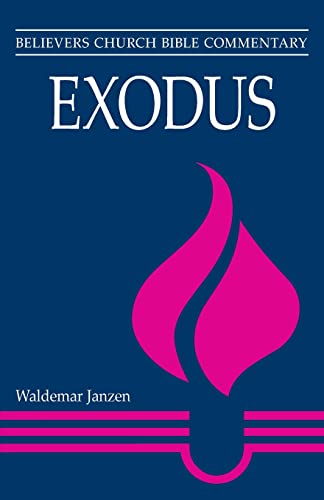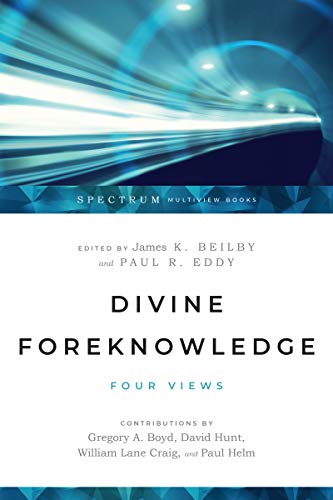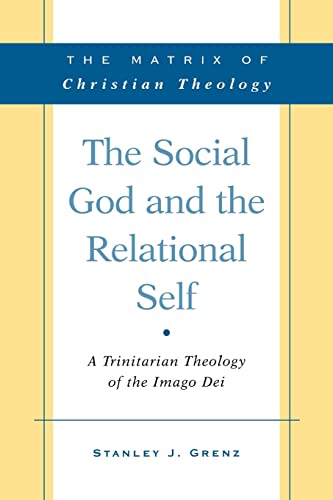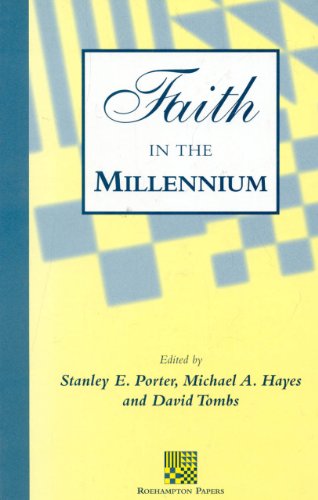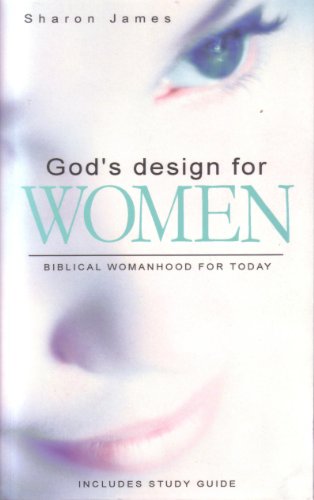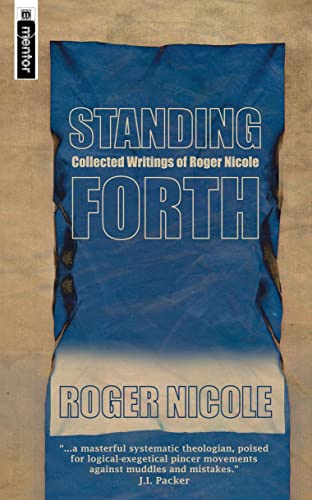EXODUS (BELIEVERS CHURCH BIBLE COMMENTARY)
Written by Waldemar Janzen Reviewed By Paul WilliamsonAlthough part of a series designed for Sunday school teachers and preachers, Janzen’s contribution is neither lightweight nor superficial. Rather, he has incorporated within this volume the very best of critical scholarship, literary appreciation and confessional theology.
In a concise introduction Janzen elucidates the ‘canonical-literary’ approach which the series reflects and the extent to which it must be supplemented in the interpretative process for a book such as Exodus. He also helpfully articulates the distinction between the ‘first-time reader’ and the ‘repeat reader’, the particular role of Exodus within the larger narrative, and the book’s key theological themes. For Janzen, Exodus is primarily about a change of masters, responding to the implied question: ‘Whom shall Israel legitimately serve?’
Taking his cue from the appearances and activities of Moses’ father-in-law, Jethro, Janzen proposes a novel twofold structure for the book (1:1–7:7 and 7:8–40:38), according to which Moses’ salvation (1:1–2:25) and commissioning (3:1–7:7) foreshadows the salvation (7:8–18:27) and commissioning of Israel (19:1–40:38).
The subsequent commentary is thus divided into two main parts: ‘Anticipation’ (Moses is the primary focus) and ‘Realisation’ (Israel is the primary focus), each of which is further subdivided according to the thematic blocks comprising the major sub-sections of ‘salvation’ and ‘commissioning’. While the resulting slabs of text are of disproportionate length, most are a fairly manageable size for a single lesson, Bible study or sermon.
The format of each chapter is as follows: an overview and outline of the text unit is followed by explanatory notes in which major concepts and key words are explained. While blocks of biblical text are not reproduced, italics helpfully identify biblical quotations in the exegetical discussion. Janzen’s fruitful interaction with Cassuto, Childs and Durham is evident throughout, as is his dialogue with D. Patrick and R.W.L. Moberly in chapters 20–23 and chapters 32–34 respectively. While different readers may obviously quibble here or there (e.g. understanding Yahweh War as paradigmatic for all human warfare, 184), Janzen’s comments are consistently judicious, reflecting a thorough comprehension of the various issues informing his exegesis. As one would expect of an OT ethicist, his discussion of the legislative material is particularly insightful and stimulating.
The explanatory notes are followed by an analysis of how the particular text has been used in the wider biblical context and in the life of the church. Each of these two sections is extremely helpful and highly informative. There is a marked tendency to concentrate on Anabaptist traditions and the author’s ethnic background, although such will have obvious appeal for the primary readership of a series sponsored by the Mennonite Brethren.
The commentary concludes with a detailed outline of the book of Exodus. One suspects that most readers would prefer this in the more traditional location (i.e. between the introduction and the exegetical material), although Janzen does include a one page overview of the book’s contents in that part of the book. This, despite the drawback of rather small typeface, arguably serves the same purpose.
Finally, in an extensive appendix of ‘essays’, Janzen offers a succinct discussion of various theological and critical issues flagged, but not dealt with, in the main body of the text. Topics covered include, for example, ‘covenant’, ‘Israel in Egypt’, ‘Narrative Technique’, ‘Route of the Exodus’. Again, Janzen displays a comprehensive grasp of his material. While making his own convictions plain, he deals accurately and graciously with the views of others. As in the main text, Janzen is not afraid to leave some issues undecided, although this may leave some readers somewhat bewildered or even perplexed (e.g. over how alleged parallel versions of the same incident are best resolved in terms of historical veracity).
Janzen is to be commended for giving the church not just a helpful and engaging commentary on the book of Exodus, but a veritable compendium of theology that will serve its intended readership well. One minor qualification notwithstanding: unfortunately, despite careful handling, the binding of the review copy was beginning to unravel even before the end of a single reading.
Paul Williamson
Moore Theological College


